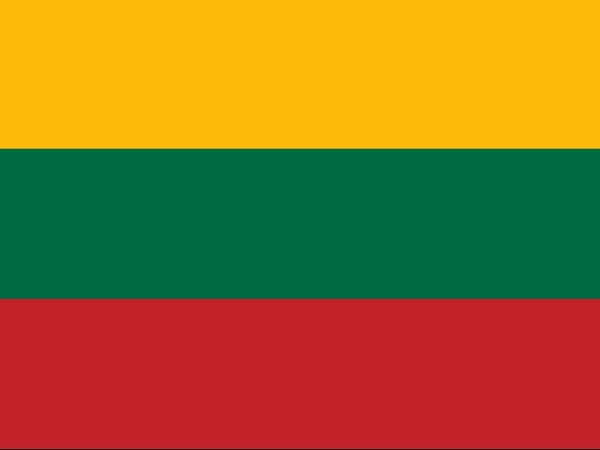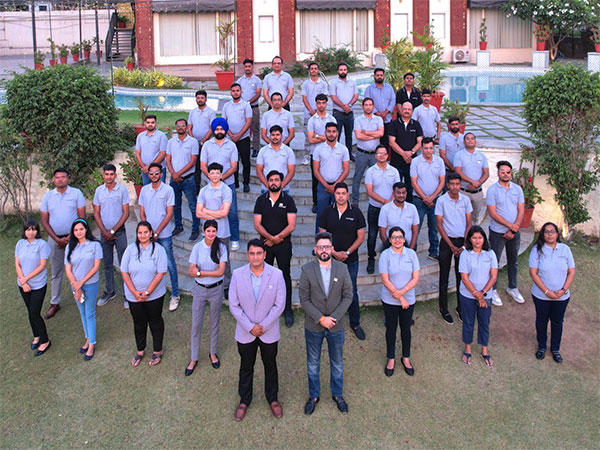
Lithuania to use cluster munitions to improve defence, fearing Russia
Jul 04, 2024
Riga [Latvia], July 4: Lithuania plans to withdraw from the international convention banning the use of cluster munitions due to Russia's ongoing war on Ukraine, lawmakers decided on Wednesday.
The government approved a draft from the Ministry of Defence, which will be submitted to parliament for discussion. The step must also be approved by President Gitanas Nauseda.
Lithuania's Defence Ministry said cancelling the cluster munitions agreement makes sense, as the national security situation in Lithuania and the threats face dby the nation have changed fundamentally.
Lithuania shares a border with Russian Baltic Sea exclave of Kaliningrad and Belarus, Russia's closest ally. The Baltic states have all tightened their defence and security policies since Moscow launched the full-scale invasion in 2022.
Most neighbouring countries in the region also have not joined the Convention on Cluster Munitions, which entered force in 2010 and has been signed by more than 100 states.
Cluster munitions are made up of bomblets sealed in containers that can be fired from the ground or the air. They then spread over a wide area, with many failing to detonate on contact and remaining a hazard for years afterwards.
Highly effective means of defence The Lithuanian Defence Ministry says Lithuania should be allowed to use cluster munitions as they are a highly effective means of defence.
Russia and Belarus would also undoubtedly use cluster munitions in the event of an armed conflict, which would give them a military advantage, the ministry said.
"Even if allies wanted to use this tool on our territory, they would not be able to do so, not even to transport it through Lithuania," said Defence Minister Laurynas Kasciunas. "This completely unbalances the entire eastern flank and must be dealt with without a doubt." Estonia, Latvia, Finland and Poland, like the US, are not signatories to the ban.
Source: Qatar Tribune









